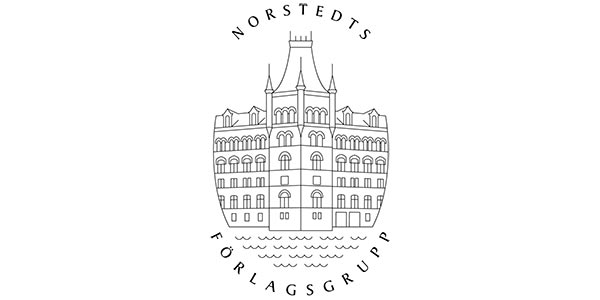
Beauty Box : filmstjärnor och skönhetskultur i det tidiga 1900-talets Sverige

| Författare | |
|---|---|
| Förlag | Acta Universitatis Stockholmiensis |
| Genre | Film och fotografi |
| Format | Häftad |
| Språk | Svenska |
| Antal sidor | 200 |
| Vikt | 0 |
| Utgiven | 2006-01-01 |
| SAB | Imb |
| ISBN | 9789171553232 |
The object of this dissertation is the relationship between film, fashion and beauty concerning different understandings off emininity, with reference to the establishment of the star system and the making of celebrity culture, and how these were expressed through magazines and commercial ads in early 20th century Sweden. The period of time framing the discussion, from fin-de-siècle and onwards with specific focus on the 1920s and 1930s, corresponds to the course of publication of the Swedish magazine Filmjournalen. Star studies and reception studies make up the theoretical framework, offering an understanding of the popular press both as a source of knowledge for and as an intermediary of fashion and style, creating a wider network of texts and images and providing a context for how films were presented for Swedish, mainly female, audiences. Spectatorship is therefore considered from the viewpoint of address, in line with Miriam Hansen's angle, analysing how a network of texts and images, exceeding the particular film, constitutes the positions of spectators. Film stars are understood as embodying different ideas; represented, negotiated, and incorporated in already existing lines of thoughts, drawing attention to questions of media presentation, and to the ideas appearing behind the beauty ideals and the aesthetics. The discussion on stars is narrowed down to concern three particular themes - consumerism, emancipation and physiognomy - when presupposing femininity as defined by appearance; considering cosmetics and fashion as providing practical, next-to-the-skin tools in this making, while film and journalism are working on a social, discursive level. Judith Butler's account of performance and Teresa de Lauretis' understanding of technologies of the self are significant for this study, as well as Richard Dyer's approach, considering film stars as articulating the business of being an individual when representing familiar ways of feeling and thinking.
























